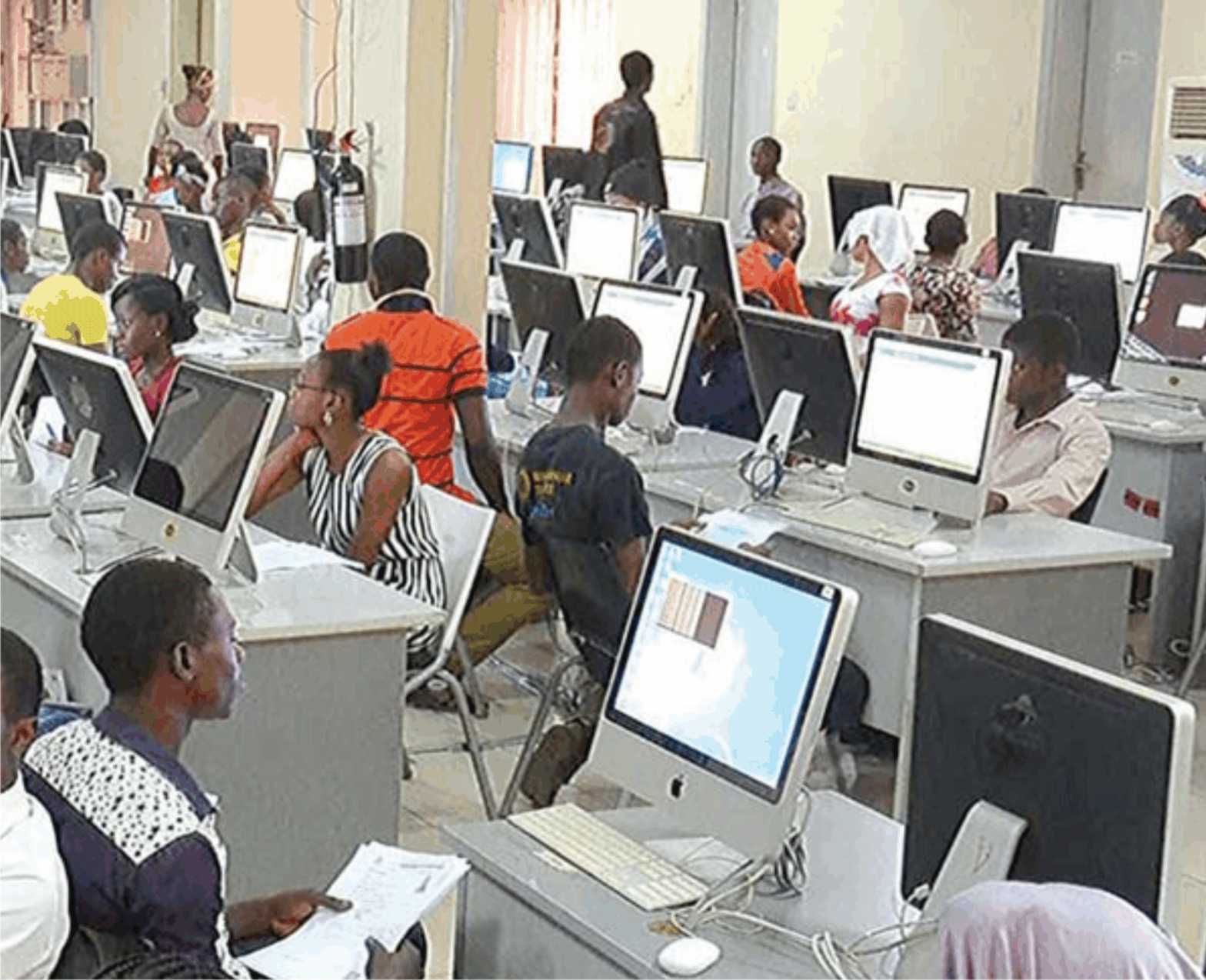The last Unified Tertiary Matriculation Examination (UTME) conducted by the Joint Admissions and Matriculation Board (JAMB) raised a lot of dusts that seem to have settled but might rise again by the time the body is set to conduct another examination early next year.
Of course, the examination body had not just started conducting examinations; however the last was peculiar due to the crucial decision to go paperless and make it a complete computer based (CBT) test. And that was the crux of the matter that infuriated Nigerians in their millions, incensed the Minister of Education, Adamu Adamu, and drew the ire of members of the House of Representatives.
The UTME 2016 was reportedly mired with irregularities such as multiple results for candidates, system failures during the test, provision of wrong or misplaced options to questions, automatic selection of options for candidates even after they had made their choices, among others.
For these irregularities to have occurred in a national examination, the examination body, JAMB, certainly deserved the blames and the criticisms that followed. For one, JAMB had test-run this system for years by running CBT as option alongside the paper-based test (PBT) and that should have afforded it the opportunity to perfect all flaws of the system before going into complete CBT. Again, the examination body had at least 365 days between the 2015 examination which was paper-based and the 2016 computer based to plan and put its house in order for the new system.
JAMB’s shabby conduct of the last examination typifies the Nigerian attitude to positive development, a scourge that has set us back years as a nation. Yet, it is befuddling that some respected lawmakers at the National Assembly would call for a return to paper-based examination due to the irregularities of the last one, rather than addressing the problems to move the country forward.
The House of Representatives had reportedly directed JAMB to return to the former pencil-paper method in conducting examinations for candidates seeking admission into tertiary institutions. According to reports, the directive which was issued on Thursday, March 17 required that the Federal Ministry of Education should prevail on JAMB to revert to the former pencil-paper tests due to JAMB’s lack of capacity to handle the computer-based tests.
In the alternative, the lawmakers reportedly said JAMB could conduct computer-based tests and pencil-paper examinations simultaneously for candidates to opt for anyone of their choice. Although the lawmakers would later realise their error and pledged their support for JAMB to continue the CBT, it is unthinkable that our lawmakers would contemplate a backward movement in the first place rather than the option to moving forward with technology.
Good enough the affected students that later protested the irregularities in the examination never called for a reversal to a paper-based examination; rather they called on the examination body to find lasting solution and get their results released. Suffice to say that even the students in their predicament, understood that the CBT is the way forward.
But the issue raised by the country’s education minister over the last UTME brought up another important aspect in the saga; and the earlier the government takes action, the better.
The Minister of Education, Mallam Adamu Adamu, during his inspection of the examination was reported to have expressed concern over the plight of some of the candidates who were not computer literate and found it difficult to write the examination.
Of course, the minister had raised serious and reasonable concern, but that in itself is an indictment on the education system which he supervises as minister. If at this stage in Nigeria’s historical journey, children pass out of secondary schools without basic knowledge of the computer, then government should be asked the question: what is government’s responsibility and plans for the youth where there is no basic computer education being taught in secondary schools?
But the problem is neither that of the teachers nor the pupils; because even though computer education is part of the curricular, the teacher can only teach theory in the absence of practical tools. Worse still, beyond the secondary school level, it is also in this part of the world that we have students of higher institutions studying computer science without access to computer for practical training. How would students that only see the computer in textbooks be able to operate computer?
Certainly, Nigeria’s problem is beyond JAMB’s failure to conduct a successful computer-based examination; it is pure lack of vision and the will to drive growth with technology. We therefore call on the Federal Government to go beyond blaming just JAMB alone in this failure; but take full blame and take up the task immediately to ensure that secondary schools in the country are equipment with computers for basic learning. For the tertiary institutions, nothing short of computer labs, fully networked with internet connectivity should be enough at this stage.
At best, we do the talking about the visions; we put no action and that has left us backward as a nation. To move forward, we must begin to think forward and act forward.

